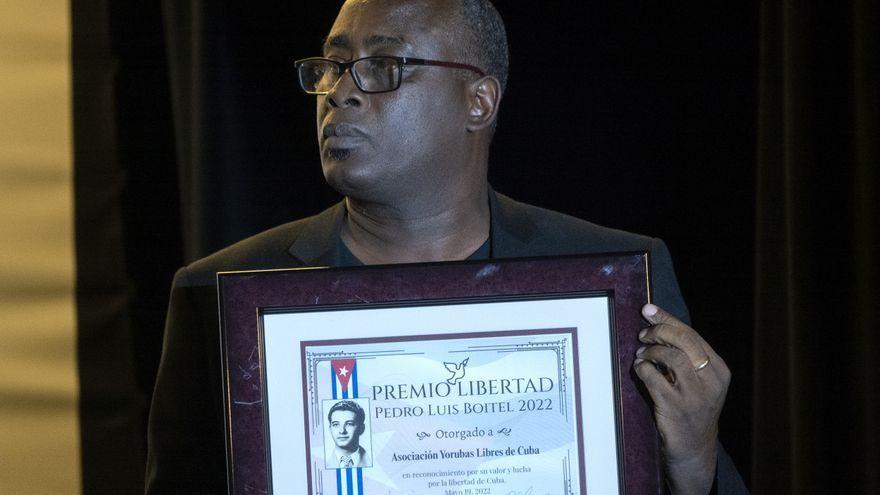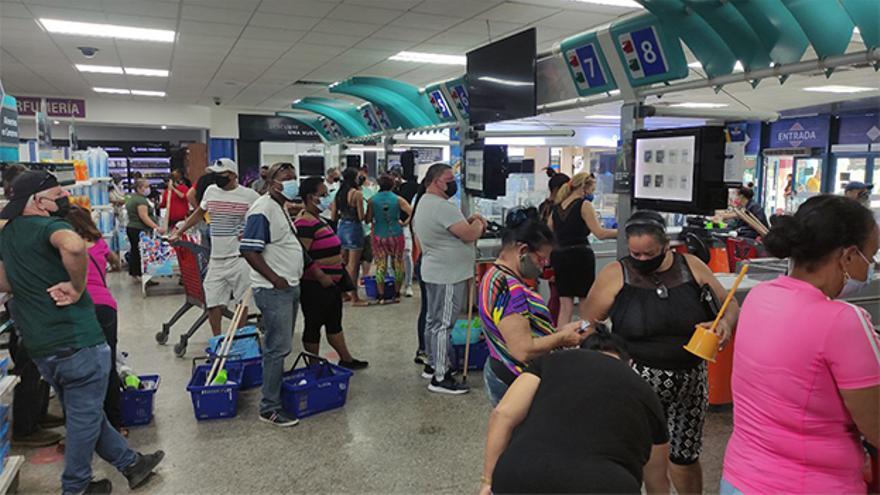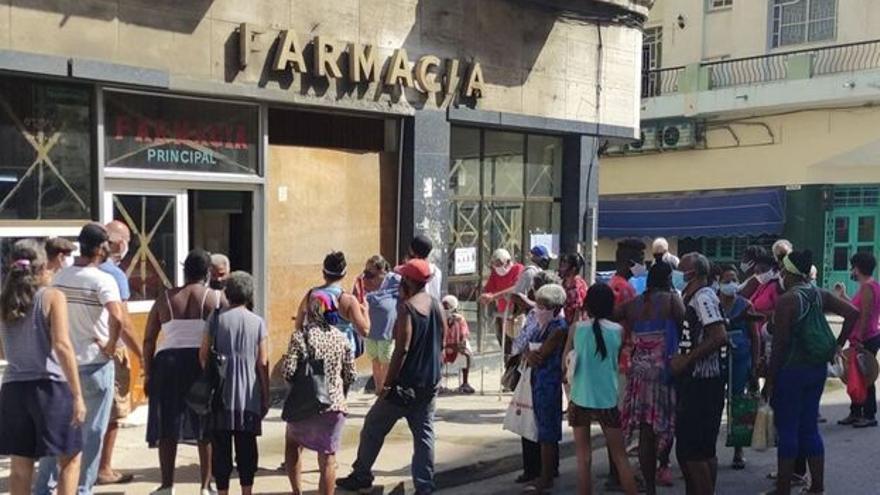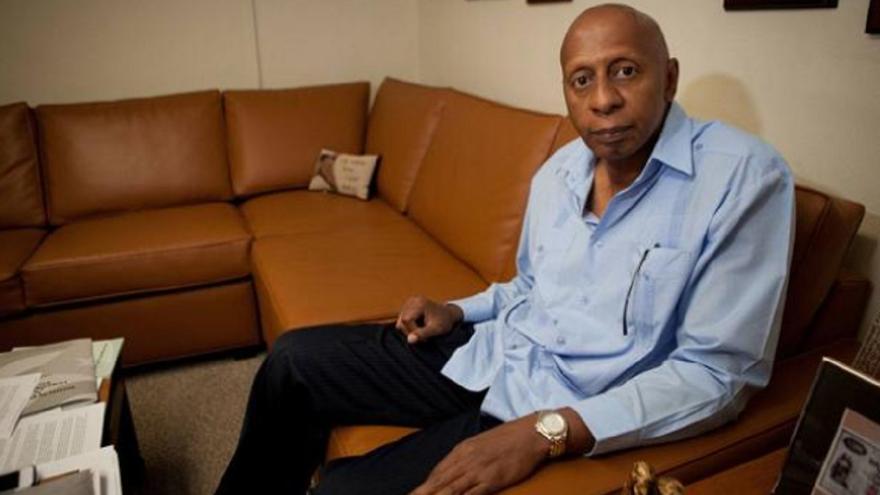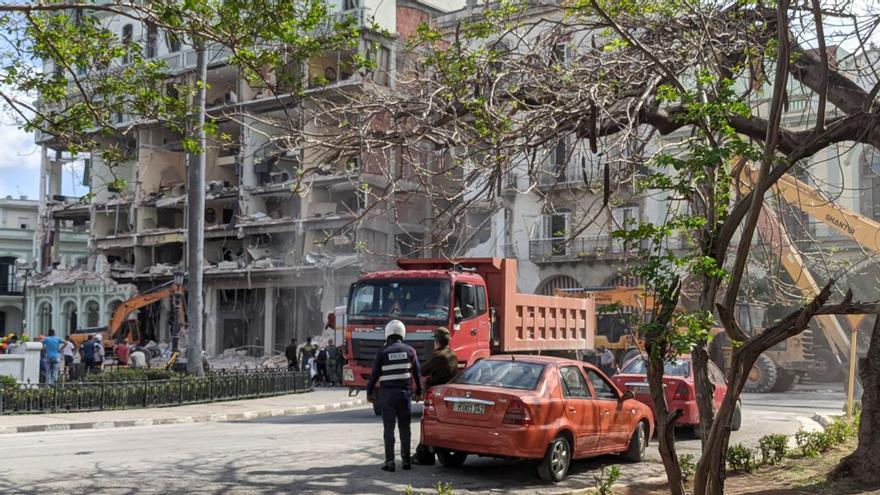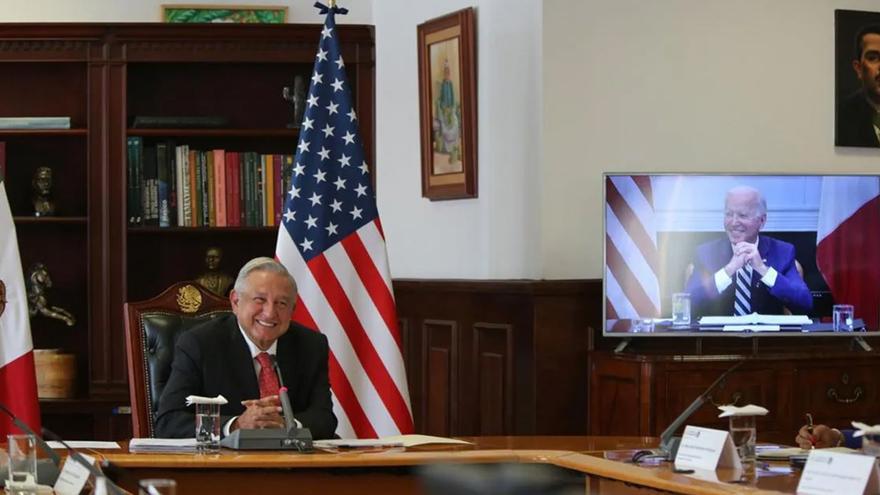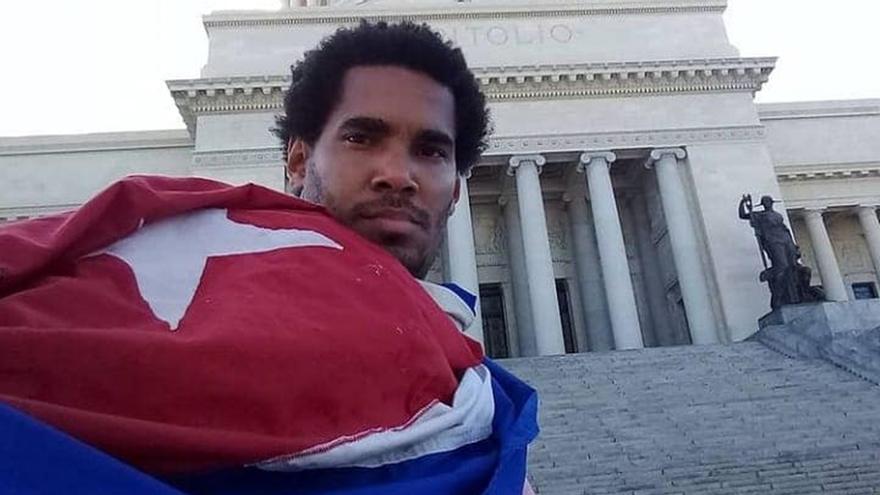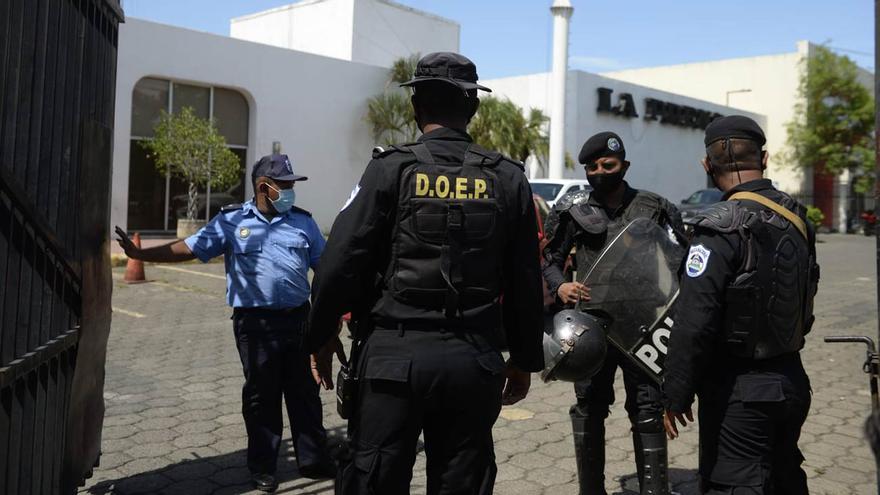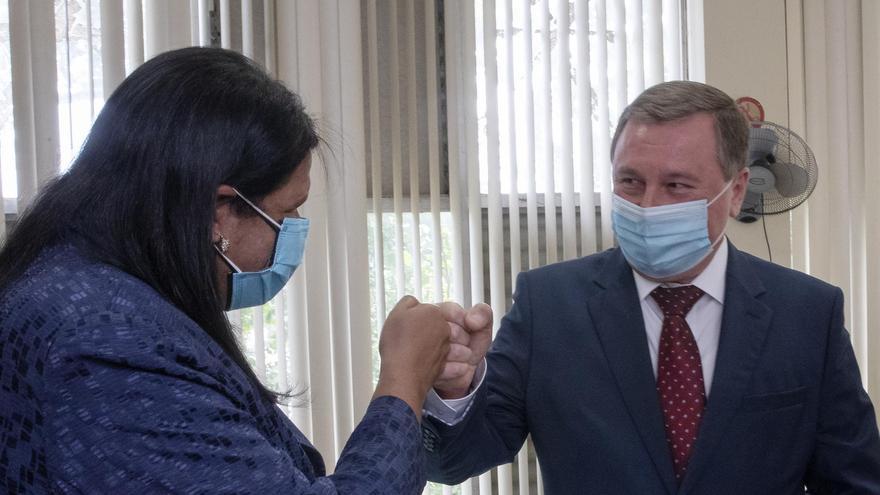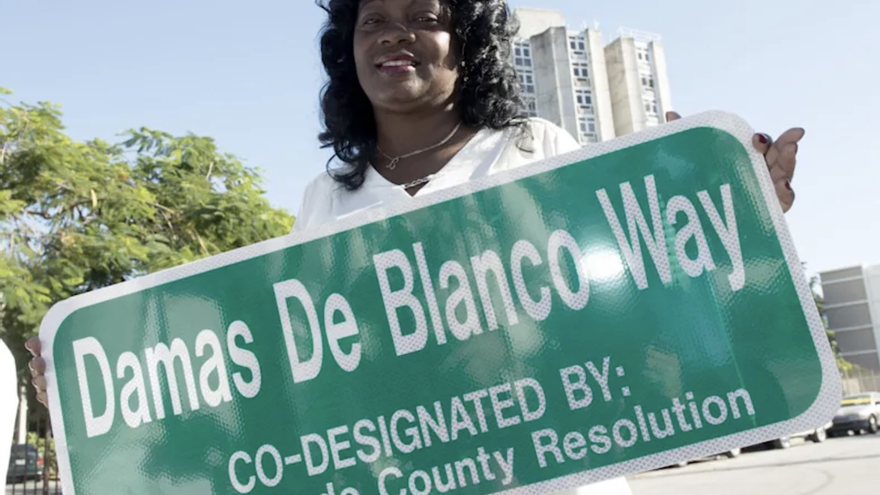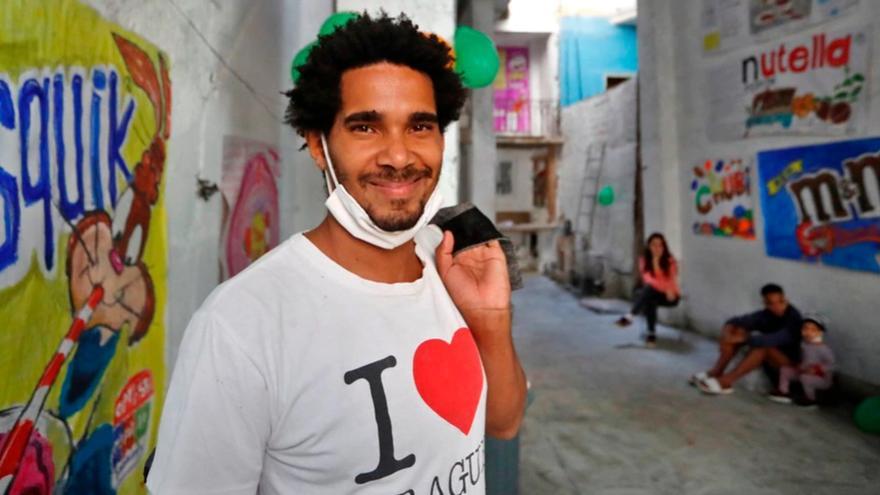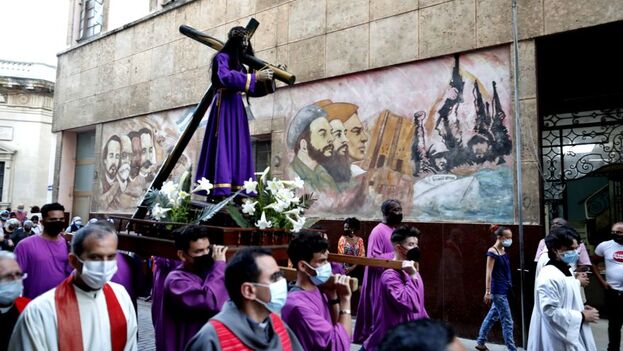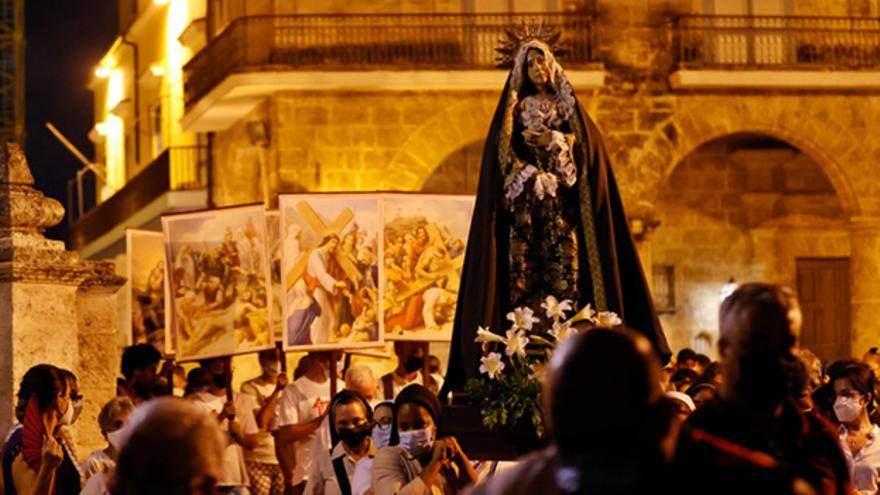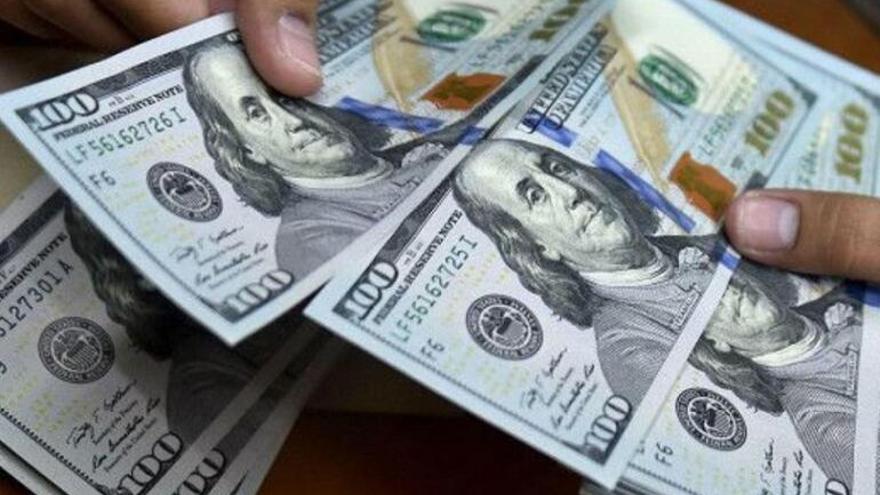
![]() EFE (via 14ymedio), New York, 19 May 2022 — The United States authorized for the first time in six decades an investment in a private business in Cuba, undertaken by John Kavulich, who told EFE today that he has been in contact with “officials of the Joe Biden Administration,” congressmen and senators who have allegedly been helping to bring this operation to fruition for almost a year.
EFE (via 14ymedio), New York, 19 May 2022 — The United States authorized for the first time in six decades an investment in a private business in Cuba, undertaken by John Kavulich, who told EFE today that he has been in contact with “officials of the Joe Biden Administration,” congressmen and senators who have allegedly been helping to bring this operation to fruition for almost a year.
Kavulich, President of the United States-Cuba Economic and Trade Council, does not give many details about the investment “up to 25,000 dollars,” nor does he give the name of the Cuban business, since he prefers to wait for Cuba to give the go-ahead. He only announced that this business is not related to the Government of Miguel Díaz-Canel, has more than 5 years in the service sector and has continued growth.
The businessman doesn’t want to give names of who his partners have been in the Biden administration: “[They were] officials of the Biden-Harris administration, including the State Department, the Department of the Treasury, the Department of Commerce, the Department of Defense, the Department of Justice in all areas, as well as the two houses of Congress,” says Kavulich.
Until now, the U.S. embargo on Cuba, in force since 1960, prevented this type of investment and, according to Kavulich, it’s the first time that this type of license has been approved since the boycott came into force.
No official of the Biden Administration has so far spoken on this issue or on the eventual lifting of the embargo on investments in Cuba.
The investor submitted the license request to the Office of Foreign Assets Control (OFAC) on June 10, 2021, and this agency gave him the green light on May 10, 2022. continue reading
Kavulich points out that his efforts with the White House and Congress date back long before the Biden Administration, during which time he has been figuring out if his investment efforts can be successful.
After formally submitting his petition last June, the businessman was optimistic, but as the months went by he lost hope.
“They gave me contradictory statements and communications in the past two months that shattered all my optimism,” he recalled, stressing that the final news of the approval of the investment took him completely by surprise.
In order for Kavulich to be able to invest in this company – -which he discovered thanks to a Facebook group — he still needs the approval of Cuba, but the businessman says he is “90% sure” that he will get it.
“My 90% certainty is not because the Cuban government is enthusiastic, but because of how necessary it is,” he stressed, explaining that this need has become more evident with the great blow that the island’s economy received with the pandemic.
Likewise, Kavulich notes that his objective in this investment is not intended to look for “a fast dollar,” but to pave the way for future investors.
“My role as president of the council and the work that the council has done since 1994 is that if there is a problem, we try to solve it and then let everyone know what we did. And that is precisely what we are doing here,” he says.
For Kavulich, the fact that an investment is allowed by a U.S. businessman on the island can represent a great “potential” for Cuba’s private sector.
Yesterday, Biden took another step in opening up to Cuba by announcing a relaxation of the limitations on remittances and flights, among other things, reversing part of the last round of sanctions applied by former U.S. President Donald Trump.
“It’s hard not to see a connection. We applied for the license on June 10, 2021. They issued the license on May 10, 2022, and six days later, they announced all these other changes. If one plus one equals two, in this case there is no doubt that it’s not a coincidence,” he concluded.
Translated by Regina Anavy
____________
COLLABORATE WITH OUR WORK: The 14ymedio team is committed to practicing serious journalism that reflects Cuba’s reality in all its depth. Thank you for joining us on this long journey. We invite you to continue supporting us by becoming a member of 14ymedio now. Together we can continue transforming journalism in Cuba.

